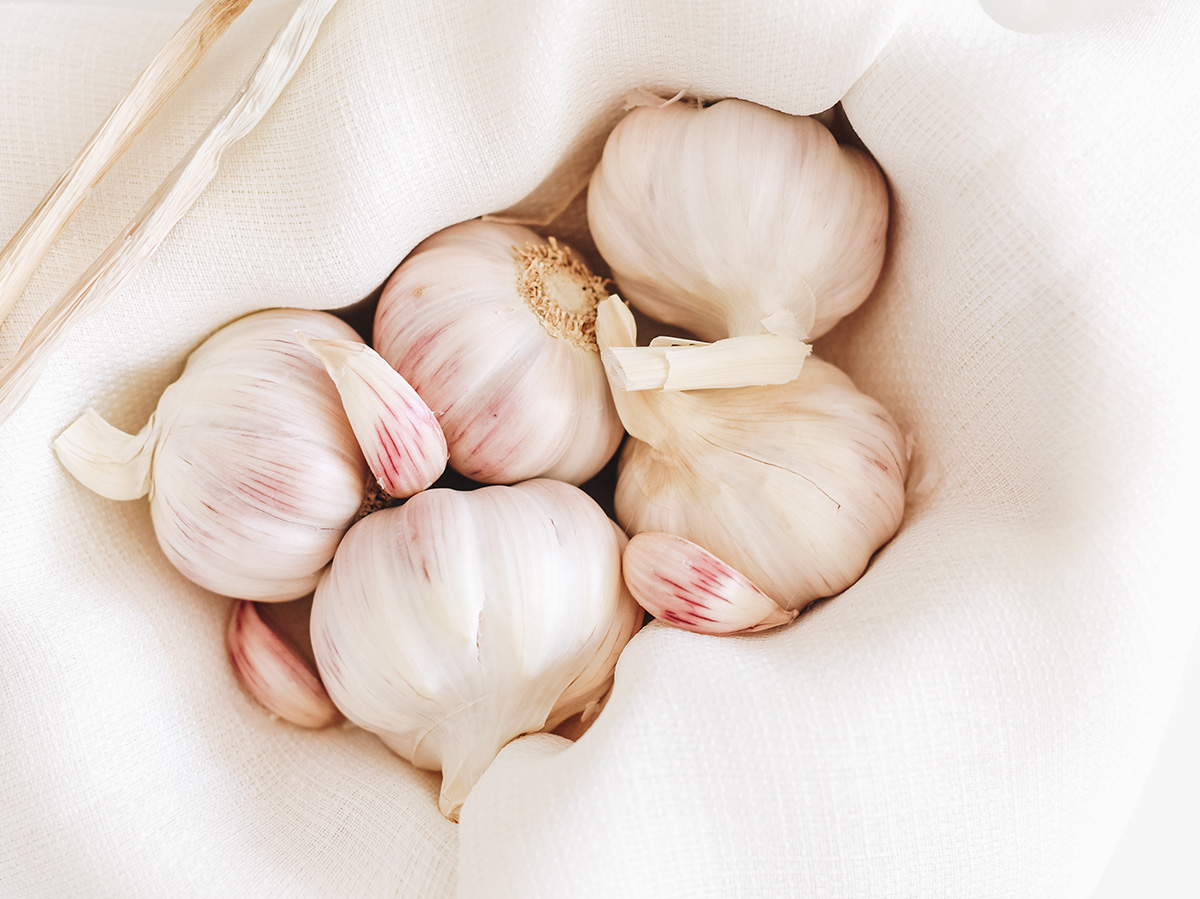Probiotics have gained immense popularity in recent years, and for a good reason. These tiny microorganisms play a crucial role in maintaining a healthy gut, which is often referred to as the body’s second brain. Lets’s explore why probiotics are important, when and how to take them.
Why Are Probiotics Important?
The human gut houses trillions of bacteria, both good and bad. Probiotics are the „good“ bacteria that help maintain a balance between these microbial communities, promoting a healthy digestive system.
Probiotics aid in the breakdown and absorption of nutrients, making it easier for your body to digest food properly.
A significant portion of the immune system resides in the gut. By supporting a healthy gut microbiome, probiotics can enhance your body’s defence against infections and illnesses.
Surprisingly, the gut-brain connection is strong. A healthy gut can positively impact mood, cognitive function, and even reduce the risk of mental health issues like anxiety and depression.
Probiotics have been shown to reduce chronic inflammation, which is linked to various diseases, including heart disease and cancer.
When to Take Probiotics?
Antibiotics can wipe out both harmful and beneficial bacteria in the gut. Taking probiotics during and after a course of antibiotics can help restore the balance.
If you suffer from digestive problems like diarrhea, constipation, or irritable bowel syndrome (IBS), probiotics may provide relief.
If your immune system is compromised due to illness or stress, incorporating probiotics into your daily routine can help strengthen your body’s defences.
Changes in diet and exposure to new bacteria during travel can upset your gut. Probiotics can help prevent traveler’s diarrhea and other digestive discomforts.
How Long to Take Probiotics?
The duration of probiotic use can vary depending on your specific needs.
If you’re taking probiotics for a specific issue, like recovering from a round of antibiotics or addressing acute digestive problems, a few weeks to a couple of months may suffice.
For general gut health and immune support, some individuals choose to take probiotics on an ongoing basis. This can be safe and effective but should be discussed with a healthcare professional.
Tips for Maximising the Impact of Probiotics
Different strains of probiotics have distinct benefits. Consult with a healthcare provider to determine which strain is best for your specific needs.
A diet rich in fiber, fruits, vegetables, and fermented foods like yogurt, kefir, sauerkraut, and kimchi can create a favourable environment for probiotics to thrive.
In addition to probiotics, there are also prebiotics. Prebiotics are non-digestible fibers that feed the beneficial bacteria in your gut. Incorporate foods like garlic, onions, asparagus, and bananas into your diet.
Proper hydration supports healthy digestion and can enhance the effectiveness of probiotics.
What to Avoid
While probiotics are beneficial, excessive intake may lead to digestive discomfort. Follow recommended dosages and consult a healthcare provider for guidance.
For optimal results, take probiotics regularly. Skipping doses can reduce their effectiveness.
Not all probiotic supplements are created equal. Choose reputable brands with third-party testing to ensure product quality and efficacy.
High-sugar diets and processed foods can negatively impact gut health by promoting the growth of harmful bacteria.
